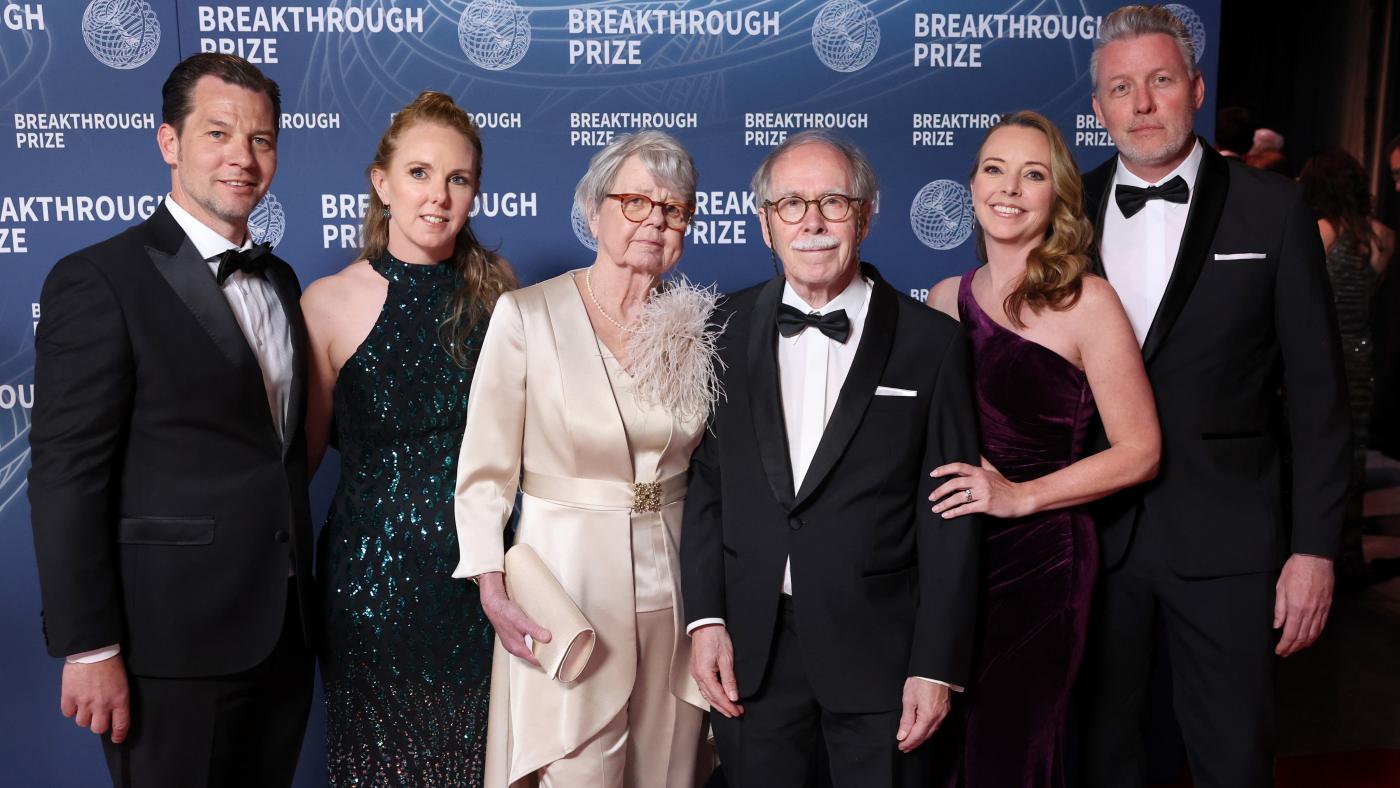Breakthrough Prize
Physicist ‘t Hooft wins 'Oscar of Science'

The panel of judges called ‘t Hooft one of the most prominent theoretical physicists in the world. He made “a crucial contribution to what would later be called the standard model of subatomic particles” in the 1970s. 't Hoofd also won a Nobel Prize in 1999, which he shared with his teacher, Martinus Veltman.
He also researched quantum effects in black holes, leading to the development of the holographic principle in cosmology, or the description of the universe as a hologram: all information about a three-dimensional space fits in a projection on a flat surface. This led to new insights into quantum mechanics.
Two years ago, Martijn van Calmthout, a former student at Utrecht University and former journalist for the Dutch newspaper De Volkskrant, wrote a biography about ‘t Hooft, who is still closely involved with physics research at Utrecht University. The book was given to the Ministry of Education and Science, which was headed then by Robbert Dijkgraaf, a former student of t'Hoofd's.
Oscars
The Breakthrough Prizes, also known as the ‘Oscars of Science’, were established in 2012 by Google founder Sergey Brin and Facebook founder Mark Zuckerberg, among others.
The prizes are awarded to Mathematics, Fundamental Physics and Life Sciences. They are 'pass-it-on' prizes: winners are chosen by previous winners. ‘t Hooft is not the first Dutch laureate. Geneticist Hans Clevers received the prize in 2013. Like ’t Hooft, Clevers is a distinguished university professor in Utrecht.